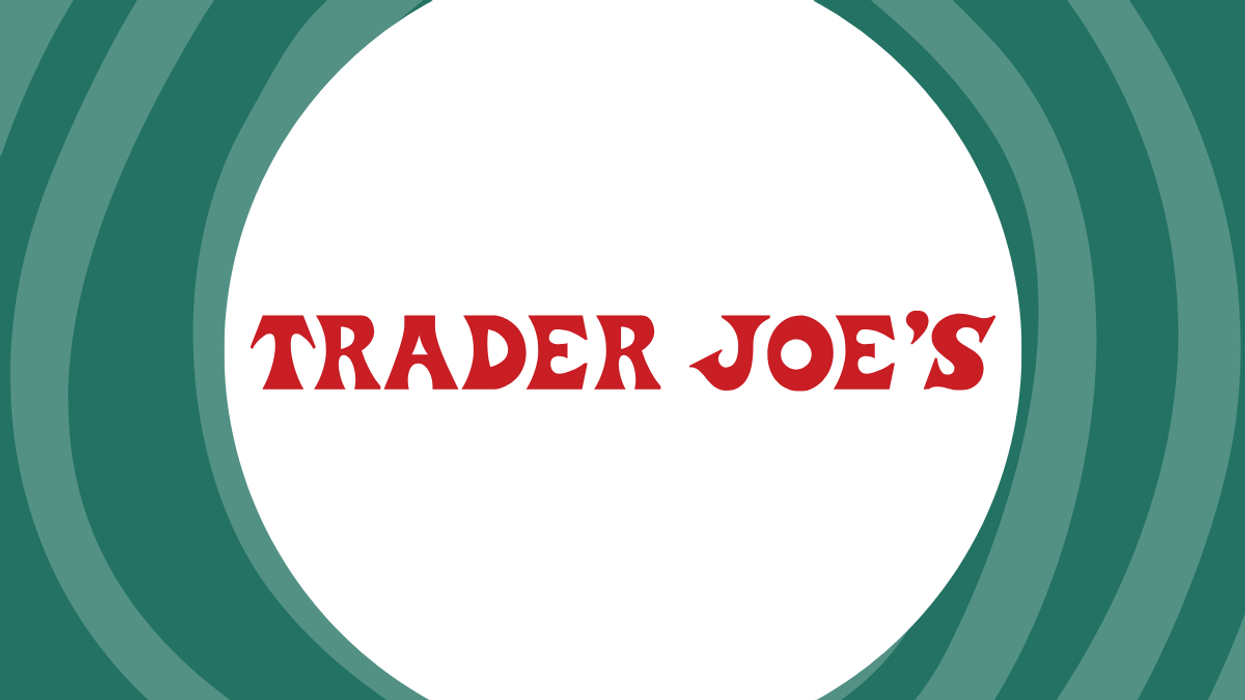Reset, regroup, and get ready for your next amazing venture.
Laid Off? Here’s How To Seize The Opportunity

Layoffs at companies like Meta, Lyft, and Amazon have rattled the tech world this week. But a professional setback like a layoff could happen to pretty much anyone, at any company big or small. Most of us have very specific, very optimistic, and very linear expectations about the timeline of our professional lives: Go to college, have lots of fun, graduate in four years, get a job at an bucket-list company, get promoted within said company, and maintain a blissful level of career satisfaction until retirement. But this timeline is often a little too good to be true. If you were recently laid off and feeling overwhelmed and even a little lost, these six business professionals are here to guide you through what to do.
Seize the opportunity to re-evaluate.
"Time is arguably our most precious resource," says personal finance expert Jesse Mecham, founder of the money management app YNAB. "Whether or not you asked for it, this is an opportunity to take stock of your life and what you really want." Ask yourself questions like: Were you happy with your job? Is there a dream you have never pursued? Do you want to work in an office setting? Does traditional 9-to-5 suit you? What kind of balance makes you most happy? "It can be hard to ask these questions and be honest with ourselves, but use this moment to truly evaluate what you want your life to be," he adds.
Gain perspective.
Getting laid off is not the same thing as being fired, and any true professional knows this. Nate Masterson, the human resources manager for Maple Holistics, a beauty and wellness company dedicated to natural products, encourages constantly reminding yourself this. “One thing to consider about getting laid off, as opposed to getting fired, is that the decision was more objective than subjective,” he says. “Although being laid off is disheartening, try to focus on the idea that you were not let go as a result of your abilities.” Once you’ve recognized this fact, you’ll have the confidence to take the next steps.
Maintain your routine.
We know how tempting the thought of going to bed without having to set an alarm is, but John Crossman, CEO of real estate firm Crossman & Company, stresses the importance of sticking to your regular schedule and, perhaps, even improving upon it post-job. “Here is the plan: Eat healthy, exercise, drink water, get rest,” he says. “Live like you still have a job. Get up at the same time, get dressed, and spend your working hours getting a new job.” If you’re awake and ready for the day, you’ll have no reason to avoid sending out those killer applications.
Perform an audit of your priorities and expenses.
"With predictable income, it’s easy for expenses to slowly increase as we consider former luxuries to be necessities (lifestyle creep is real!)," says Mecham. "But money is finite, so every expense equates to a tradeoff of something else." Think about what those tradeoffs are for you. What is truly important to you right now? "Only you know what truly matters most to you—be sure you are spending your money on those things. Small sacrifices won't feel like a loss when it means you are able to spend your money on your biggest priorities."
Give every dollar a job.
"No matter how big or small your savings might be, budget those dollars down to zero before you spend a dime," says Mecham. That means look at what you have in cash right now, and think about what that money needs to do before you might get paid again. "Give every dollar a job based on your priorities so that you spend with intention. Consider your monthly expenses, of course, but also infrequent expenses, like vehicle registration for example, to minimize stressful financial “surprises." This will give you a clear understanding of your timeline and the degree of lifestyle adjustments you'll need to make short-term." He adds that doing so will allow you to focus the bulk of your energy on pursuing your next opportunity rather than guessing what bill might be due next. It will also make you feel less stressed about not having regular income coming in every week (for now). Check out YNAB’s four rule method, a framework for less money stress that helps people align their spending habits with priorities.
Keep your support system close.
Even though this sitch can put a serious damper on your self-esteem, now isn’t the time to seclude yourself. Dana Case, director of operations at MyCorporation, a company that provides services for starting and running a business, suggests confiding in family, friends, and mentors. “One of the best things to do after a layoff is to surround yourself with a solid support system,” Case explains. “They will be able to provide emotional support as well as advice on what to do next.” And a third perk? Potential business connections!
Take advantage of the situation.
Your company might have left you jobless, but hopefully, it didn’t leave you totally high and dry. In fact, the layoff might come with a severance package, employment transition services, and the like. Laura Handrick, careers analyst for Fit Small Business, an online resource for small businesses, says these offerings provide the opportunity to leave a good impression on your current employer, which will, in turn, help guarantee a good reference once the job hunt commences. “For example, if transition services, like resume writing, interviewing skills, or assistance with job applications is provided, take advantage of those,” she comments. “Even if you are an expert, having others walk the journey with you will help keep your spirits up.”
Explore options to earn extra money.
"You don’t want to burn through your emergency fund too fast or spend the first year of your next job paying off mountains of debt from a period of unemployment. Instead, consider how you might make up some of your lost income," says Mecham. Consider gig or temp jobs where you can earn extra money quickly. Mecham suggests companies like DoorDash, Wag, Care.com, and Instacart. "You can also consider freelance contract jobs within your field of work that will help build your resume," he adds.
Stay hustling.
Looking for a job is like a full-time job. According to Stu Coleman, a partner and senior managing director at talent acquisition firm WinterWyman, you should start perusing those job search apps and websites ASAP. “If a manager is presented two resumes of similarly qualified candidates, but one has been unemployed for a few months, three things come to mind: Will they be rusty? Why wouldn’t I hire the person whose experience is most recent? In a market like this, where unemployment is so low, why isn’t this person working?” Coleman says. “Volunteering and doing board work are other positive ways to stay sharp, active, and involved, and they are worlds apart from doing nothing.”
What have you learned from a layoff? Let us know @BritandCo.
(Photo by Sincerely Media on Unsplash)

















